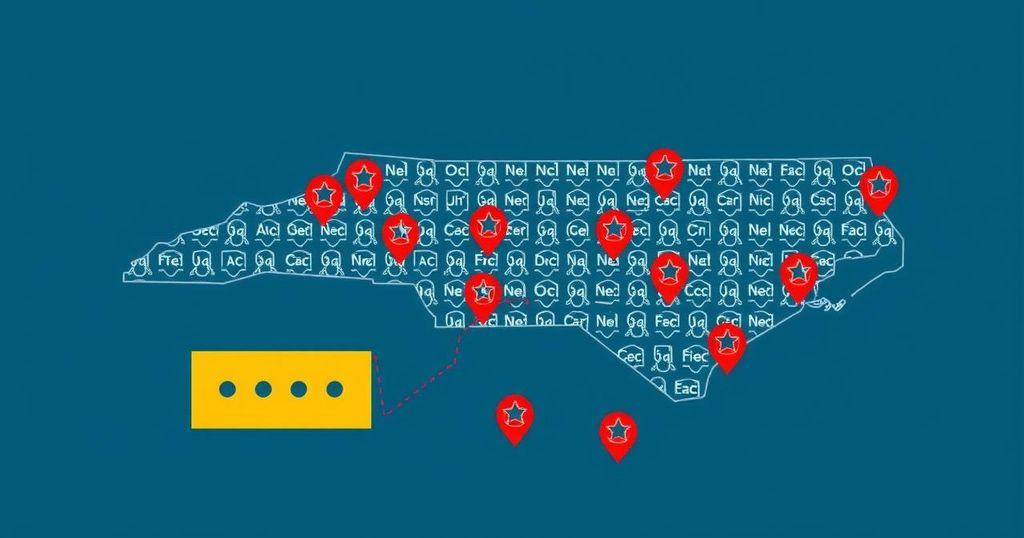Implications of North Carolina’s 2024 Election Results for Public Education

The 2024 elections in North Carolina have resulted in significant changes in educational leadership, with Mo Green elected as the new state superintendent. This shift in power could lead to increased funding for public schools and a potential pivot towards more bipartisan cooperation in addressing educational challenges, providing hope for the future of North Carolina’s educational system.
The 2024 elections in North Carolina have potentially significant implications for public education, as the political landscape shifts towards a more balanced representation between Democrats and Republicans. With the election of Democrat Mo Green as the new state superintendent of public instruction, alongside Democrats winning key positions in the council of state, the dialogue around educational policies may evolve. Green’s priorities include increased funding for public schools, enhancements in teacher salaries, and broader support for disadvantaged students, advocating for a more collaborative approach among state leaders to address the challenges facing the education system. Green’s victory and his campaign focus on educational investment are indicative of a democratization of educational governance, particularly as the state seeks a united front amidst a divided legislature. The forthcoming legislature might be more inclined towards passing laws that enhance public school funding, marking a potential shift from recent years where legislative efforts leaned toward school vouchers, further diverting funds from traditional public school systems. In the context of the State Board of Education, Green’s role will be pivotal, as he takes on responsibilities to oversee and manage North Carolina’s public educational framework while collaborating with appointed board members who will influence policy direction. The recent election results raise questions about legislative collaborations to fortify public education and the balance of power within the State Board in light of demographic changes in leadership. Overall, the results of this election herald an opportunity for a new era in North Carolina’s public education discourse, with a call for bipartisan cooperation to ensure that the state’s educational policies and practices reflect the needs of its students and educators.
The current political landscape in North Carolina illustrates a contentious battle for control over public educational policy, heightened by recent elections that have altered the composition of leadership. With a newly broken supermajority in the state House and the election of several Democrat officials, including the newly appointed state superintendent Mo Green and governor Josh Stein, there is potential for innovative approaches to addressing systemic challenges in North Carolina’s public schools. The roles of various state leaders such as the governor, lieutenant governor, and the general assembly will be critically examined as they collaborate or contend regarding policy enactment around key educational issues.
In summary, North Carolina’s 2024 election results signal a possible turning point for public education, driven by the election of new Democratic leadership committed to educational reform and investment. The dynamics within the state legislature and the State Board of Education will play crucial roles in determining the future of public schooling in North Carolina. Stakeholders express cautious optimism that this political shift may foster collaboration and support for public education, despite lingering uncertainties regarding the full implications of these changes.
Original Source: www.charlotteobserver.com







